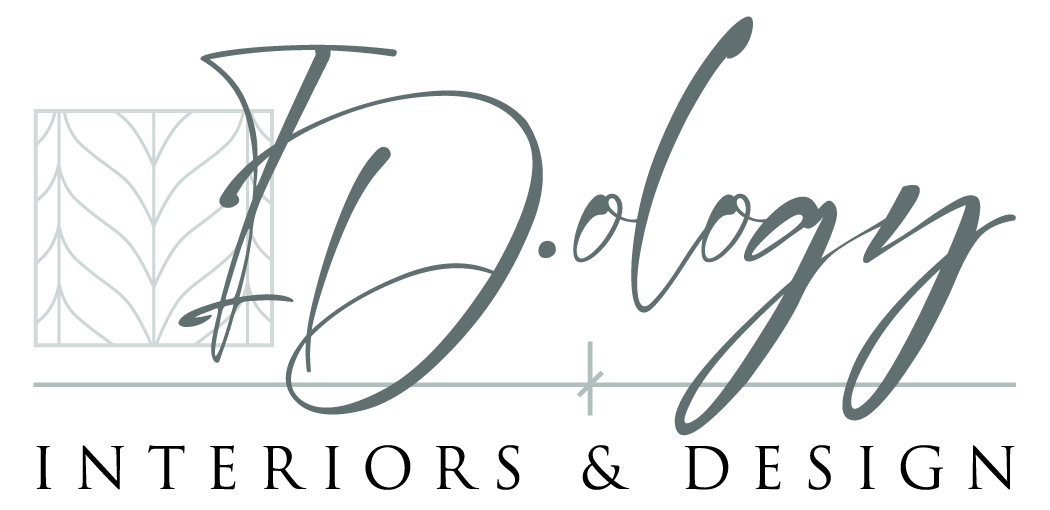Crafting a Team of Design Visionaries That is Humble, Hungry, and Smart
In the realm of interior design, our pursuit of excellence is grounded in Patrick M. Lencioni’s concept of ideal team players possessing three core virtues: Hungry, Humble, and (emotionally) Smart. These virtues serve as the foundation for seamless collaboration, and understanding their significance is pivotal for navigating the challenges that may arise within our design teams.
We explore the potential pitfalls in our design dynamics when individuals possess two out of three virtues, unveiling personas like the Accidental Mess-Maker, the Skillful Politician, and the Loveable Slacker. Drawing insights from design philosophy, we can cultivate these virtues to enhance our teamwork and elevate the creative process.
We delve into practical design leadership strategies that utilize the three virtues framework in both hiring and continual team development. From innovative hiring approaches that assess candidates holistically to creating individual development plans tailored for the design realm, discover the tools design leaders can employ to ensure their teams embody the essential qualities for unparalleled success.
Our Three Design Virtues
- Humble
– Evident through a lack of ego or concerns about individual status, humility in a design team member involves sharing credit, praising others, and prioritizing collective wins over individual achievements. We are self-confident but not arrogant.
- Hungry
– Intrinsically motivated designers actively pursue opportunities to enhance their design skills, contribute proactively to projects, and think innovatively about the next steps for the team.
- Smart
– Referring to emotional intelligence and design awareness, smart team designers ask insightful questions, actively listen, and demonstrate excellent judgement regarding the dynamics of the design process.
Our Design Leadership Strategies Using this Framework
Crafting Design Teams
Shift away from traditional hiring approaches, emphasizing not just technical skills but also the design virtues of “Humble,” “Hungry,” and “Smart.” Utilize tailored assessments to evaluate candidates holistically and probe their past design experiences.
Design Team Evolution
Recognize that design virtues can be consciously developed. Regularly evaluate design team members against the three virtues, creating individual design development plans and implementing performance follow-up when necessary.
The Ultimate Importance: Designing Exceptional Spaces
Exceptional design teams are not just a preference; they are a prerequisite for innovative and harmonious interiors. Solid design teamwork fosters trust, creativity, commitment, accountability, and a results-focused environment. Designers embodying humility, hunger, and smartness contribute to the creation of incredibly successful and aesthetically pleasing spaces. We embrace these virtues to unlock the true potential of our interior design team.

